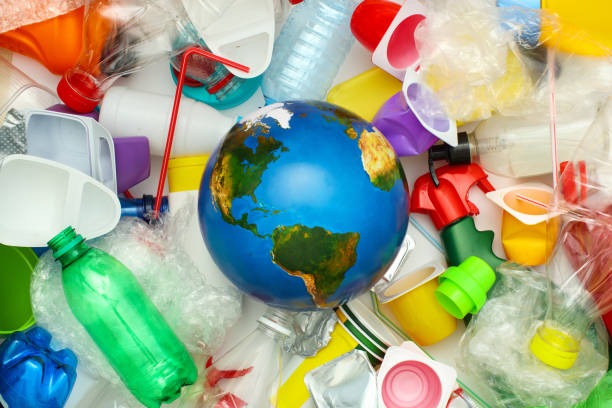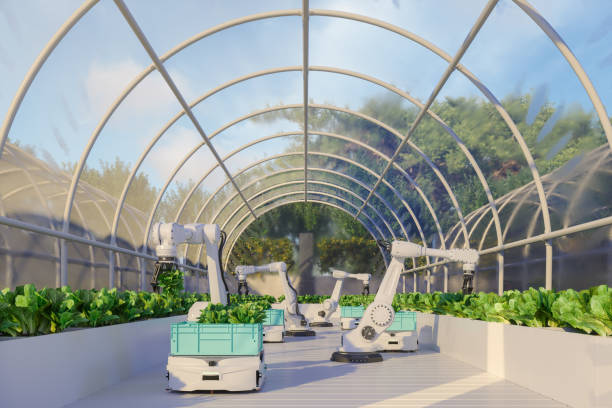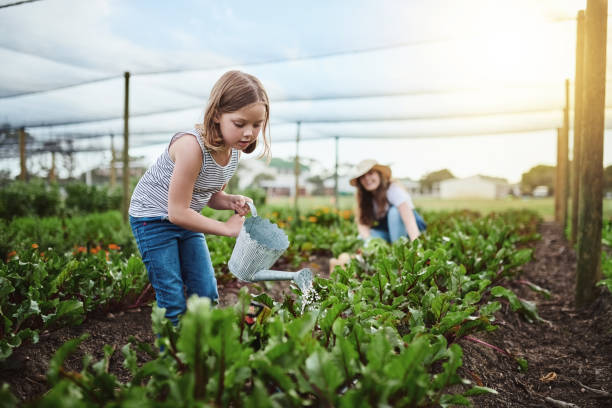Reducing Plastic Waste: Eco-Friendly Alternatives for Everyday Life
This post contains affiliate links. I may earn a commission at no extra cost to you if you make a purchase. Note that I’m not a health or outdoor safety professional, so further research is advised. Your support keeps Outdoors A-Z running—thank you! Read the full disclosure.. Read the full disclosure here.
Plastic waste has become a pressing issue in today’s world. With increasing environmental awareness, it is crucial for individuals to embrace eco-friendly alternatives in their daily lives. By reducing our reliance on single-use plastics and adopting sustainable practices, we can contribute to a healthier planet. In this article, we will explore various alternatives to plastic and discuss how they can be incorporated into everyday life.
Table of Contents
Introduction
Plastic waste has reached alarming levels, causing significant harm to our environment. From polluting oceans and harming wildlife to contributing to greenhouse gas emissions, plastic poses a grave threat to the planet. It is essential for us to take action and make conscious choices to reduce our plastic footprint.
Plastic Waste and its Impact
The consequences of plastic waste are far-reaching. When plastic is not properly disposed of, it often ends up in landfills or finds its way into water bodies, causing extensive pollution. Marine animals mistake plastic for food, leading to ingestion and entanglement, which can be fatal. Additionally, the production and incineration of plastic contribute to greenhouse gas emissions, exacerbating climate change.
Eco-Friendly Alternatives to Single-Use Plastic

One of the simplest ways to reduce plastic waste is by replacing single-use plastic items with eco-friendly alternatives. For instance, using reusable water bottles instead of disposable plastic bottles can significantly reduce the number of plastic bottles that end up in landfills or oceans. Similarly, opting for cloth bags instead of plastic bags while shopping can make a significant difference in reducing plastic waste.
When it comes to plastic straws, alternatives like stainless steel or bamboo straws can be used. These reusable options not only help reduce plastic waste but also add a touch of style to your beverages.
Sustainable Food Packaging
The excessive use of plastic in food packaging contributes significantly to plastic waste. However, alternatives like compostable or biodegradable packaging materials offer a more sustainable option. These materials break down naturally over time, reducing their environmental impact. Additionally, using glass or stainless steel containers for storing food can eliminate the need for single-use plastic containers.
Personal Care and Hygiene Products
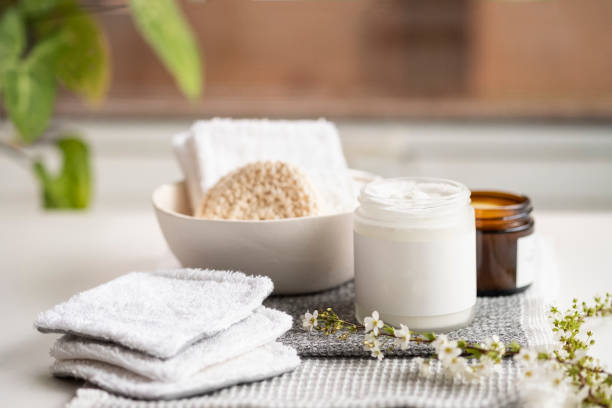
Many personal care and hygiene products come packaged in plastic, leading to substantial waste generation. By switching to eco-friendly alternatives, we can minimize our contribution to plastic waste. For example, bamboo toothbrushes provide a biodegradable option compared to traditional plastic toothbrushes. Shampoo bars, which come in minimal or plastic-free packaging, offer an excellent alternative to plastic shampoo bottles. Reusable cotton pads can replace disposable ones, reducing plastic waste in our daily skincare routines.
Household Cleaning and Storage
Plastic bottles and containers are commonly used for household cleaning products, but they contribute to plastic waste. Adopting eco-friendly cleaning alternatives, such as homemade cleaners using natural ingredients, can significantly reduce the use of plastic packaging. Additionally, using glass jars or stainless steel containers for food storage can eliminate the need for plastic containers.
Reducing Plastic Waste in the Bathroom
The bathroom is another area where plastic waste accumulates. By making small changes, we can reduce our plastic footprint in this space. For instance, refillable soap dispensers eliminate the need for single-use plastic soap bottles. Bamboo cotton buds offer a sustainable alternative to plastic ones, which are often found in landfills and oceans. Furthermore, switching to menstrual cups instead of disposable tampons or pads not only reduces plastic waste but also saves money in the long run.
Sustainable Fashion and Textiles

The fashion industry is a significant contributor to plastic waste and environmental degradation. However, adopting sustainable fashion practices can make a difference. Opting for clothing made from organic cotton or recycled materials helps reduce the use of plastic-based fabrics. Thrifting and participating in clothing swaps are also great ways to extend the lifespan of garments and reduce overall textile waste.
Reducing Plastic Waste in the Kitchen
The kitchen is a hotspot for plastic use. However, by incorporating eco-friendly alternatives, we can make a positive impact. Reusable silicone food wraps or beeswax wraps can replace single-use plastic wraps and bags. Stainless steel or glass food containers offer durable alternatives to plastic containers for storing leftovers or packed lunches.
Recycling and Proper Disposal
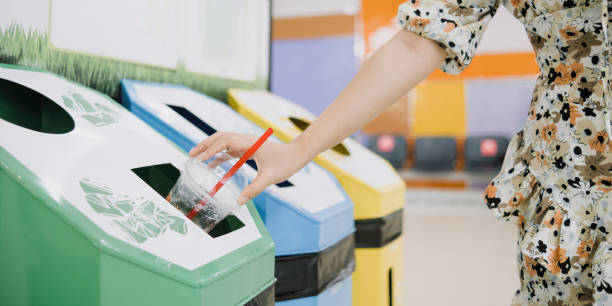
While reducing plastic waste is essential, recycling and proper disposal of plastic items are equally vital. It’s crucial to separate recyclable materials from non-recyclables and ensure they are disposed of correctly. Many communities have recycling programs and initiatives in place, making it easier for individuals to participate in the recycling process.
Final Thoughts
Reducing plastic waste is a shared responsibility, and every small change we make can have a significant impact. By incorporating eco-friendly alternatives into our daily lives, we can reduce our plastic footprint and contribute to a more sustainable future. Let’s embrace reusable options, adopt sustainable practices, and encourage others to join us on this journey towards a cleaner, healthier planet.
FAQs (Frequently Asked Questions)
Are eco-friendly alternatives more expensive than plastic products?
Eco-friendly alternatives can sometimes have a higher upfront cost, but they often provide long-term savings. For example, investing in a reusable water bottle instead of buying bottled water can save you money in the long run.
Can I recycle all types of plastic?
Not all plastics are recyclable, as it depends on the local recycling facilities and their capabilities. It’s important to check your local recycling guidelines to determine which types of plastic are accepted.
Can I compost biodegradable or compostable packaging materials at home?
It’s best to consult the packaging labels or contact the manufacturer to determine if the materials are suitable for home composting. Some biodegradable or compostable materials require industrial composting facilities to break down properly.
How can I encourage others to reduce plastic waste?
Lead by example and educate others about the impact of plastic waste on the environment. Share tips and alternatives with friends and family, and emphasize the importance of small changes in daily habits.
Is reducing plastic waste only about recycling?
Reducing plastic waste goes beyond recycling. It involves minimizing the use of single-use plastics, adopting reusable alternatives, and making conscious choices to reduce overall plastic consumption. Recycling is just one part of the larger picture.

